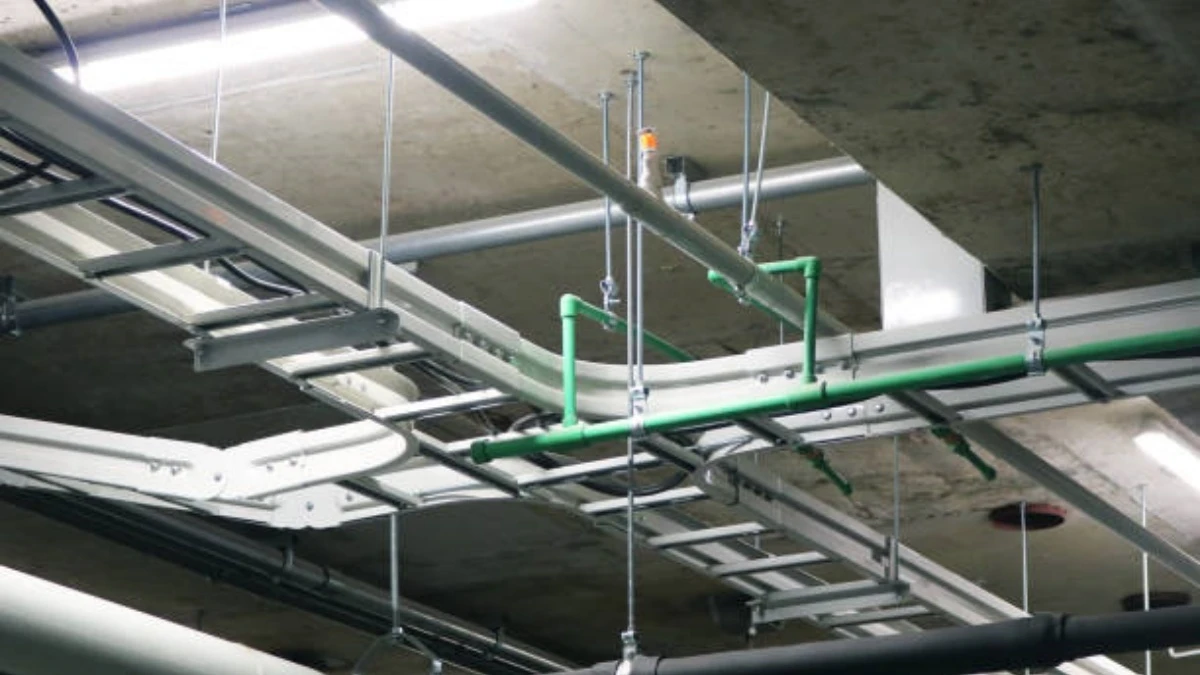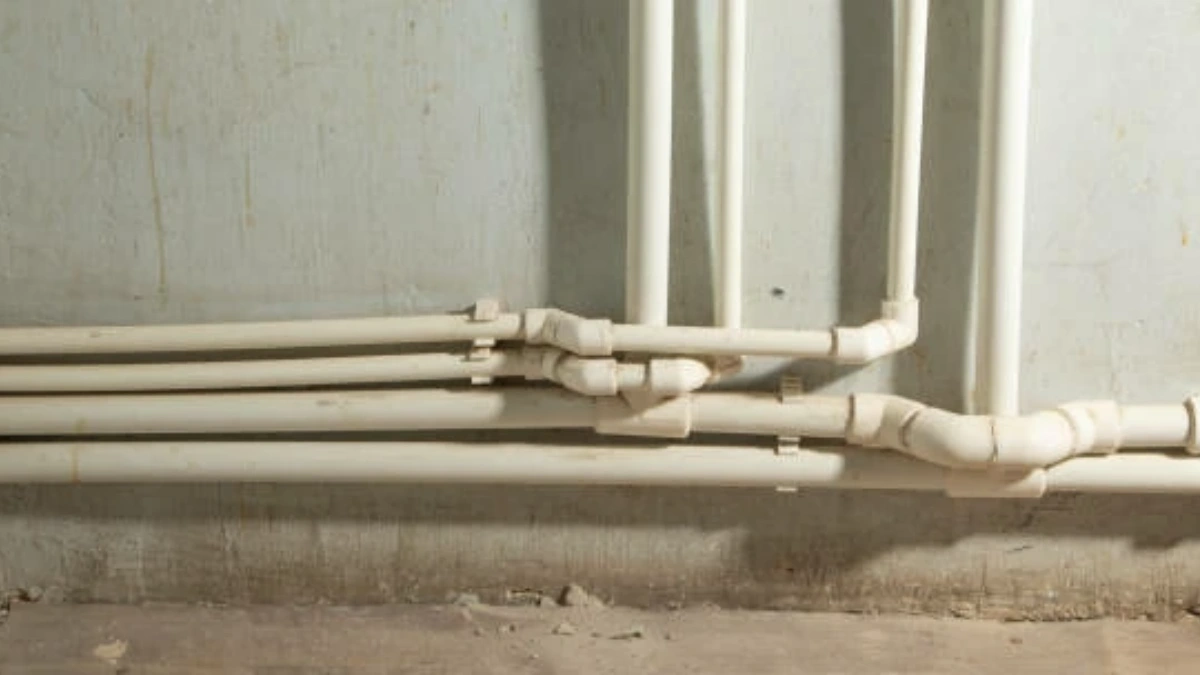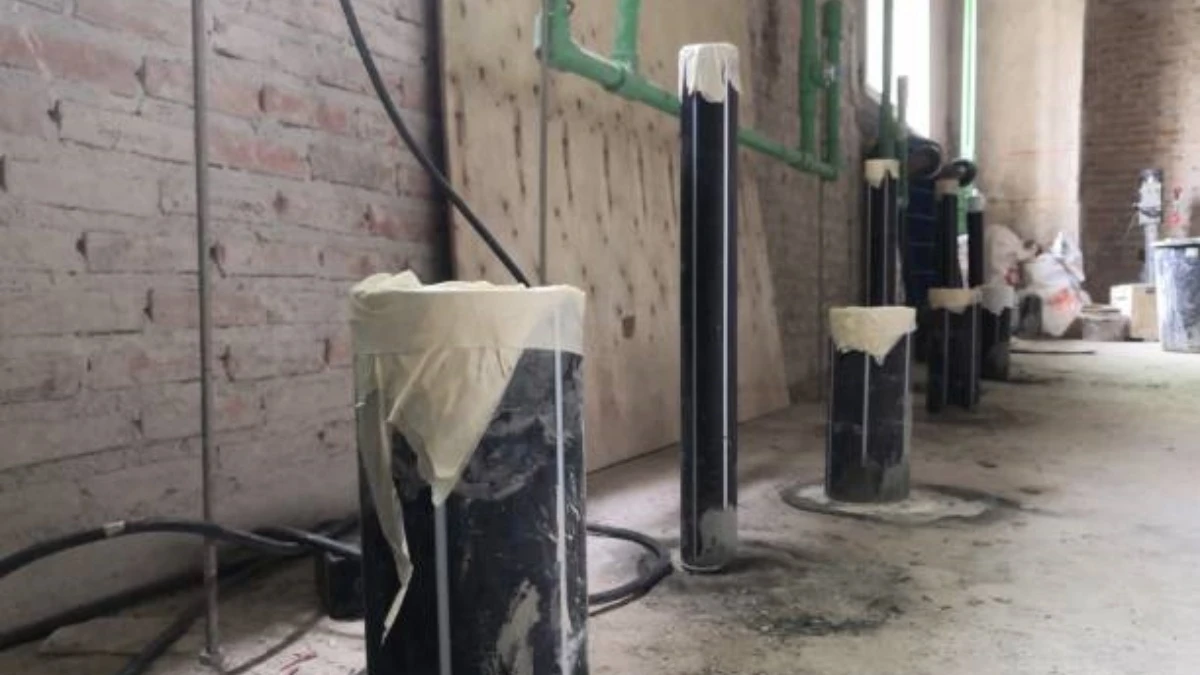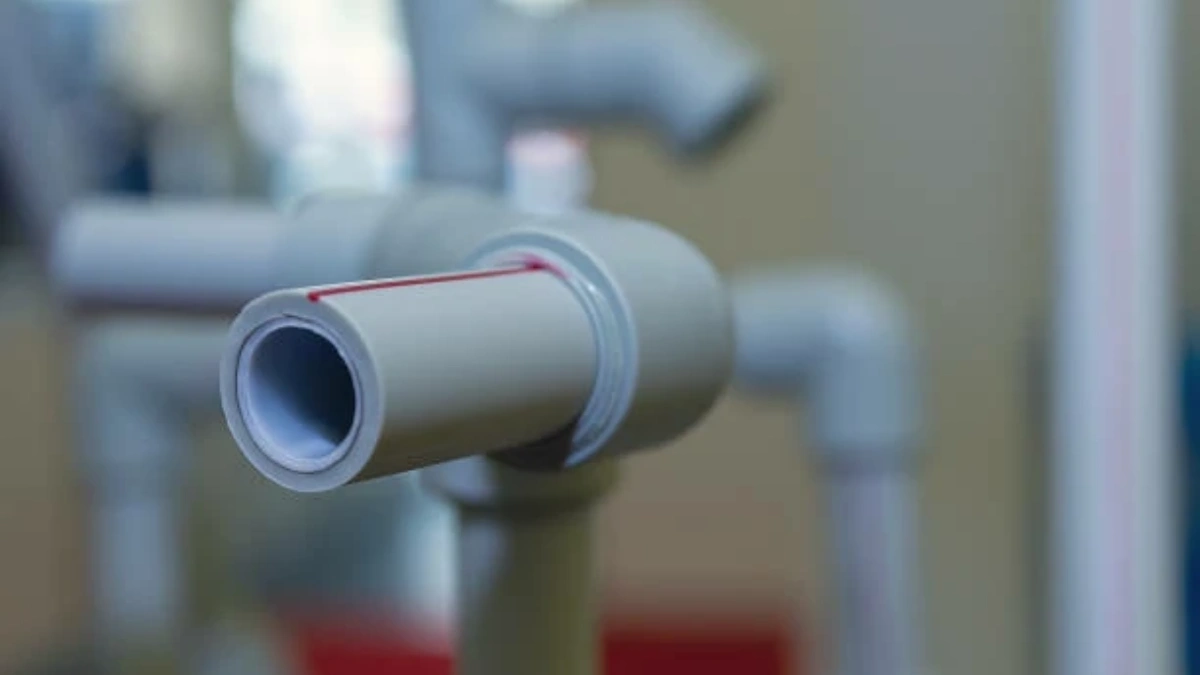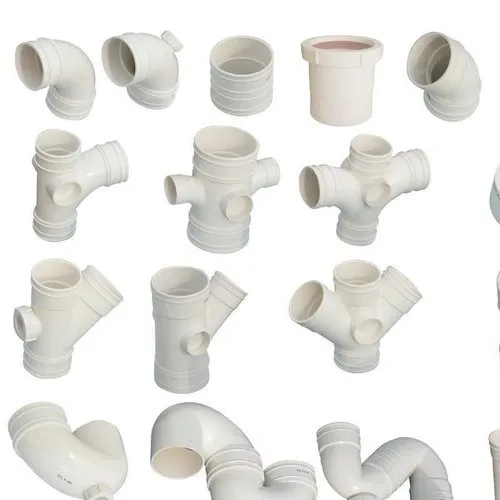A lush, green lawn and thriving garden rely on an efficient irrigation system, and at the heart of that system lies the sprinkler valve. Choosing the best sprinkler valves is critical for ensuring consistent water flow, durability, and ease of use. With advancements in technology, the 2024 lineup of sprinkler valves offers superior performance and features designed to cater to various irrigation needs.
In this article, we’ll explore the top-rated sprinkler valves of 2024, key features to consider when buying one, and maintenance tips to keep them functioning optimally.
What Are Sprinkler Valves?
Sprinkler valves are essential components in irrigation systems, controlling the flow and direction of water to designated sprinkler zones. They function as automated gates, opening and closing based on signals from a timer or manual control.
Types of Sprinkler Valves:
- Electric Valves: Controlled by an irrigation controller, ideal for automated systems.
- Manual Valves: Require manual operation to start or stop water flow.
- Anti-Siphon Valves: Prevent backflow, ensuring water flows in the correct direction.
- In-Line Valves: Installed underground and used for more discreet setups.
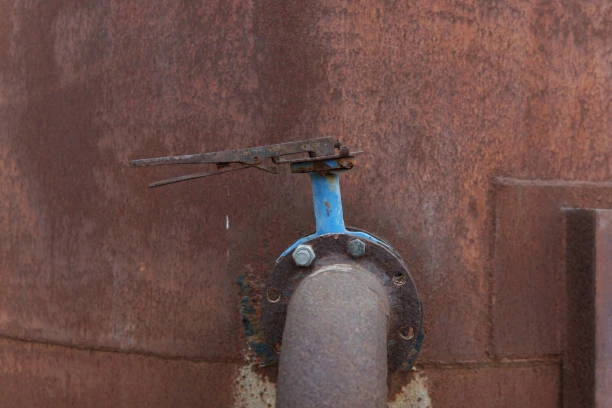
Best Sprinkler Valves of 2024
Here’s a list of the top sprinkler valves available in 2024, selected based on performance, durability, and user reviews:
1. Hunter PGV-101G
This robust in-line valve stands out for its durability and reliable performance in residential and commercial applications.
- Features:
- Heavy-duty construction.
- Easy to install and maintain.
- Operates efficiently under various pressure levels.
- Best For: Large gardens and lawns.
2. Rain Bird DASASVF075
An anti-siphon valve designed for backflow prevention and ease of operation.
- Features:
- High-quality plastic body for corrosion resistance.
- Simple manual bleed for maintenance.
- Designed for above-ground installations.
- Best For: Residential gardens with backflow concerns.
3. Orbit 57461
A reliable electric valve with a durable design and straightforward operation.
- Features:
- Compatible with standard sprinkler systems.
- Includes a manual bleed screw.
- Made from UV-resistant materials.
- Best For: Automated irrigation systems.
4. Toro P220 Series
Known for its heavy-duty design, this valve is perfect for high-pressure systems.
- Features:
- Glass-filled nylon construction for extra durability.
- Handles pressures up to 220 PSI.
- Built-in pressure regulation.
- Best For: Commercial and industrial applications.
5. K-Rain ProSeries 150
A versatile valve offering excellent flow control and long-lasting performance.
- Features:
- Corrosion-resistant components.
- Easy to disassemble for cleaning.
- Supports both manual and electric operation.
- Best For: Multi-zone residential irrigation systems.
How to Choose the Best Sprinkler Valve
Selecting the right sprinkler valve involves considering several factors:
1. System Type
Determine if your system requires manual, electric, anti-siphon, or in-line valves based on your irrigation setup.
2. Water Pressure Compatibility
Ensure the valve can handle the pressure levels of your water supply to avoid damage or inefficiency.
3. Material Durability
Look for valves made from corrosion-resistant materials like brass or high-quality plastic to withstand environmental conditions.
4. Ease of Maintenance
Opt for valves with user-friendly designs that allow for quick cleaning and part replacement.
5. Cost vs. Features
Balance your budget with the features you need, such as pressure regulation, backflow prevention, or programmability.
Maintenance Tips for Sprinkler Valves
Proper maintenance can significantly extend the life of your sprinkler valves:
- Regular Inspections: Check for leaks, cracks, or debris in the valve body.
- Seasonal Cleaning: Clean valves before and after the irrigation season to prevent blockages.
- Winterization: Drain water from valves in freezing climates to prevent damage.
- Test Operation: Periodically test manual and automatic functions to ensure they work properly.
- Replace Worn Parts: Swap out seals, diaphragms, or other components showing signs of wear.
Conclusion
The best sprinkler valves of 2024 offer a combination of durability, efficiency, and advanced features to meet the needs of modern irrigation systems. From residential gardens to commercial landscapes, these valves ensure consistent water flow and optimal performance.
Investing in high-quality sprinkler valves not only enhances the health of your plants and grass but also saves time and money on repairs and water wastage. Regular maintenance and proper valve selection will keep your irrigation system running smoothly for years to come.
FAQs About Sprinkler Valves
1. How do I choose the right sprinkler valve for my system?
Consider factors like system type, water pressure, durability, and specific features like anti-siphon or pressure regulation.
2. How often should sprinkler valves be maintained?
Inspect and clean valves at least twice a year—before and after the irrigation season.
3. Can I install sprinkler valves myself?
Yes, if you have basic plumbing knowledge. For complex systems, professional installation is recommended.
4. What causes a sprinkler valve to leak?
Leaks may occur due to worn seals, debris, or improper installation. Regular maintenance can help prevent this.
5. Are anti-siphon valves necessary for all systems?
Anti-siphon valves are essential for systems where backflow prevention is required to maintain water safety.

